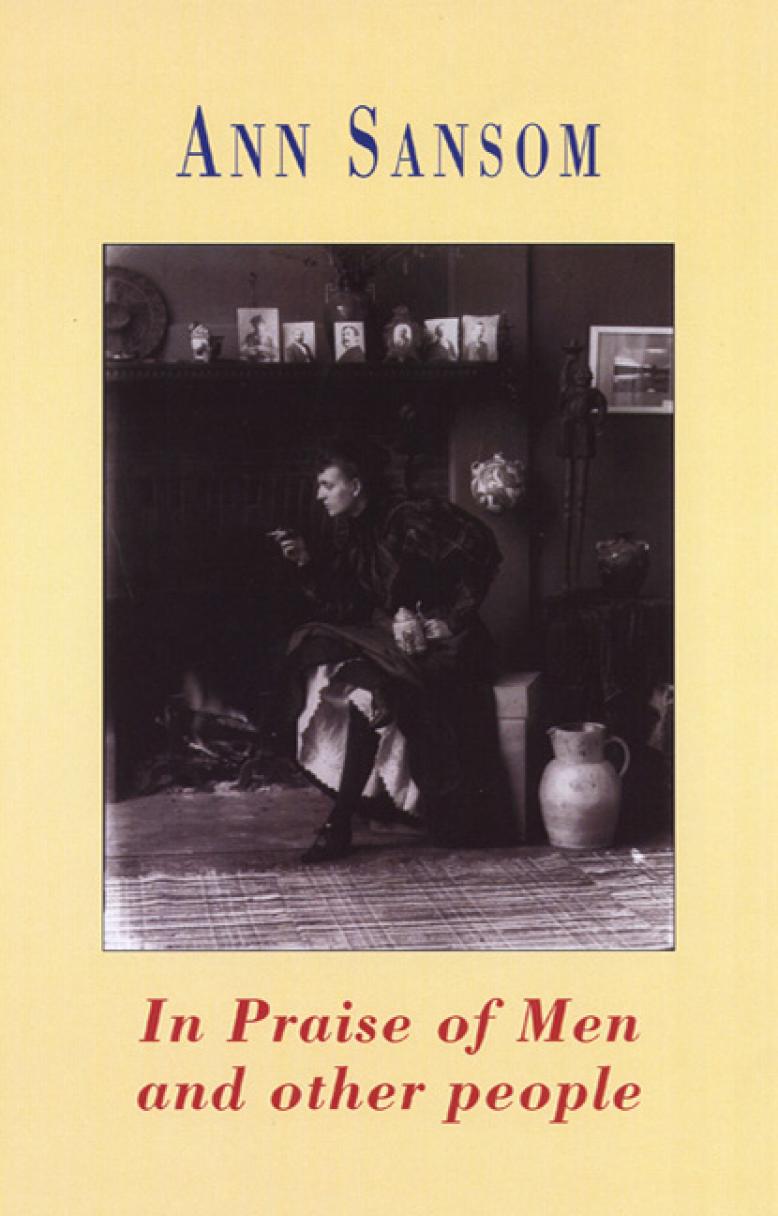Ann Sansom’s poetry overturns the reader’s expectations. Her poems often present human dramas in which people are seen as acting out their versions of themselves in their own fictions – what Stanley Cook called ‘an authentic Northern mix of realism and imagination’. In Praise of Men and other people was her first new book for nearly a decade, a welcome return for a quietly authoritative, resiliently gritty poet whose debut collection Romance won her many admirers.
’Ann Sansom’s naturally accomplished and instinctively organised poems come as a breath of fresh air in an age when technical contrivance often passes for literary credibility. There is a maturity to her work, a sureness of hand normally associated with only the most established poets, but there is a freshness too, and a bareknuckle confidence that seems to sing of the author’s realisation of poetry as a first language and a mother tongue’ – Simon Armitage.
’A clear sense of narrative illuminated by accurate observation… with a sharp edge of personal involvement, of love and of love lost that gives her poems an intimate feel. Warm, direct and delicately phrased’ – David Harmer.
'She knows her territory and speaks from within it with authority…admirably clear and honest’ – Helen Dunmore, Observer.
'Sansom’s poems often turn round and bite themselves, or their readers…her poems, voiced by women resiliently coping with tough times, are set in curiously deracinated urban landscapes, homing in on chance encounters and missed connections…That balance of brisk authenticity and affectionate generosity suggests that Ann Sansom is mellowing towards a more relaxed but no less arresting poetic maturity’ – Neil Powell, Times Literary Supplement.
’Much of the best poetry in any age starts off with the local and then moves beyond it to the wider application of what is seen and experienced. Ann Sansom does that widening with skill and imagination. The reader never feels excluded from the world she describes because the poems communicate what it is like to see and understand what the poet experiences’ – Jim Burns, Ambit.
